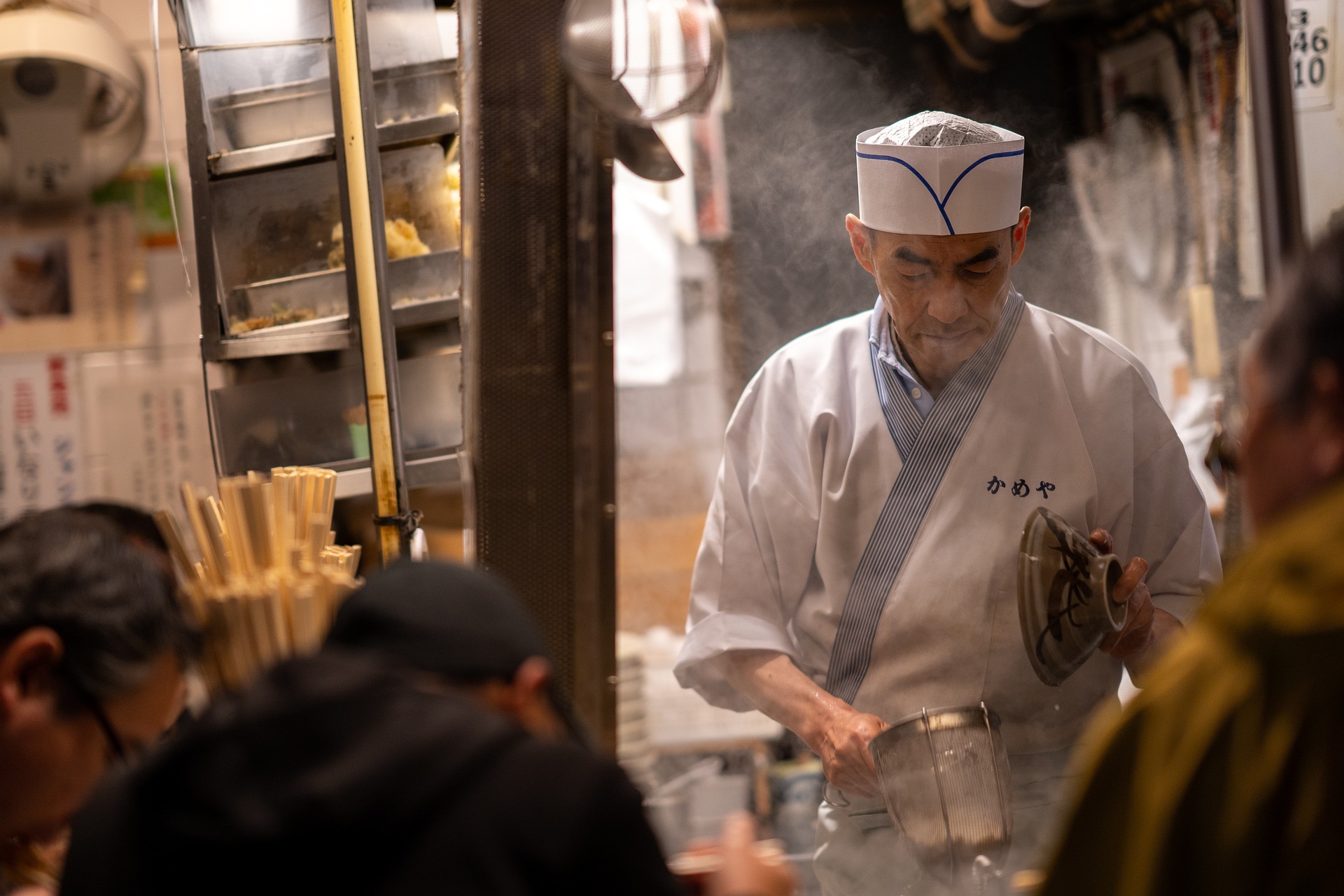Culinary Voluntourism: Blending Gastronomy with Global Impact
The fusion of food exploration and volunteering is creating a unique niche in the travel industry. Culinary voluntourism, an emerging trend, offers adventurous globetrotters the opportunity to immerse themselves in local cuisines while making meaningful contributions to communities worldwide. This innovative approach to travel combines the sensory delights of gastronomy with the fulfillment of giving back, creating a recipe for transformative experiences that tantalize the taste buds and nourish the soul.

The Appetite for Authentic Experiences
In recent years, travelers have shown a growing appetite for immersive cultural experiences. Culinary voluntourism satisfies this craving by offering participants the chance to work alongside local chefs, farmers, and food artisans. These hands-on experiences go beyond typical cooking classes or food tours, allowing volunteers to contribute their skills and labor to community kitchens, sustainable agriculture projects, and food-related social enterprises.
Nourishing Communities Through Food-Based Initiatives
Culinary voluntourism projects span a wide range of activities, each designed to address specific needs within host communities. Some programs focus on teaching sustainable farming techniques to improve food security, while others assist in the preservation of traditional culinary practices at risk of being lost to modernization. Volunteers might find themselves harvesting olives in Italy, teaching nutrition classes in Peru, or helping to establish farm-to-table programs in rural Thailand.
The Impact on Local Economies and Cultural Preservation
Beyond the immediate benefits of volunteer labor, culinary voluntourism can have a significant impact on local economies. By supporting small-scale food producers and traditional culinary practices, these programs help to preserve cultural heritage and create sustainable economic opportunities. Additionally, the exchange of knowledge between volunteers and local communities fosters cross-cultural understanding and promotes the value of indigenous food systems.
Challenges and Considerations in Culinary Voluntourism
While the concept of culinary voluntourism is promising, it’s not without its challenges. Critics argue that short-term volunteer projects may not always provide sustainable solutions to complex issues. There’s also the risk of cultural appropriation if programs are not designed with sensitivity to local customs and traditions. Responsible culinary voluntourism requires careful planning, partnership with local organizations, and a commitment to long-term community development.
The Future of Food-Focused Travel
As the travel industry continues to evolve, culinary voluntourism is poised to grow in popularity. This trend aligns with the increasing demand for purpose-driven travel experiences and the global focus on sustainable tourism. Future iterations of culinary voluntourism may incorporate technology to facilitate virtual cooking exchanges or support remote communities through digital platforms, expanding the reach and impact of these programs.
Savoring the Experience: Tips for Aspiring Culinary Voluntourists
-
Research extensively to find reputable organizations that prioritize community needs and sustainable practices
-
Learn basic cooking techniques and food safety principles before embarking on your journey
-
Familiarize yourself with local food customs and etiquette to show respect for cultural norms
-
Pack appropriate clothing for kitchen work, including closed-toe shoes and hair coverings
-
Bring a journal to document recipes, techniques, and personal reflections on your culinary volunteer experience
-
Consider dietary restrictions and communicate them clearly to program organizers in advance
-
Be open to trying new flavors and ingredients outside your culinary comfort zone
-
Engage with local community members to gain deeper insights into food traditions and cultural significance
Culinary voluntourism represents a flavorful fusion of cultural immersion, gastronomic adventure, and social responsibility. By combining the joy of cooking and eating with the satisfaction of making a positive impact, this innovative form of travel offers a recipe for meaningful experiences that linger long after the journey ends. As more travelers seek ways to connect authentically with destinations and leave a positive footprint, culinary voluntourism stands out as a delicious opportunity to savor the world while giving back to the communities that make it so rich and diverse.





